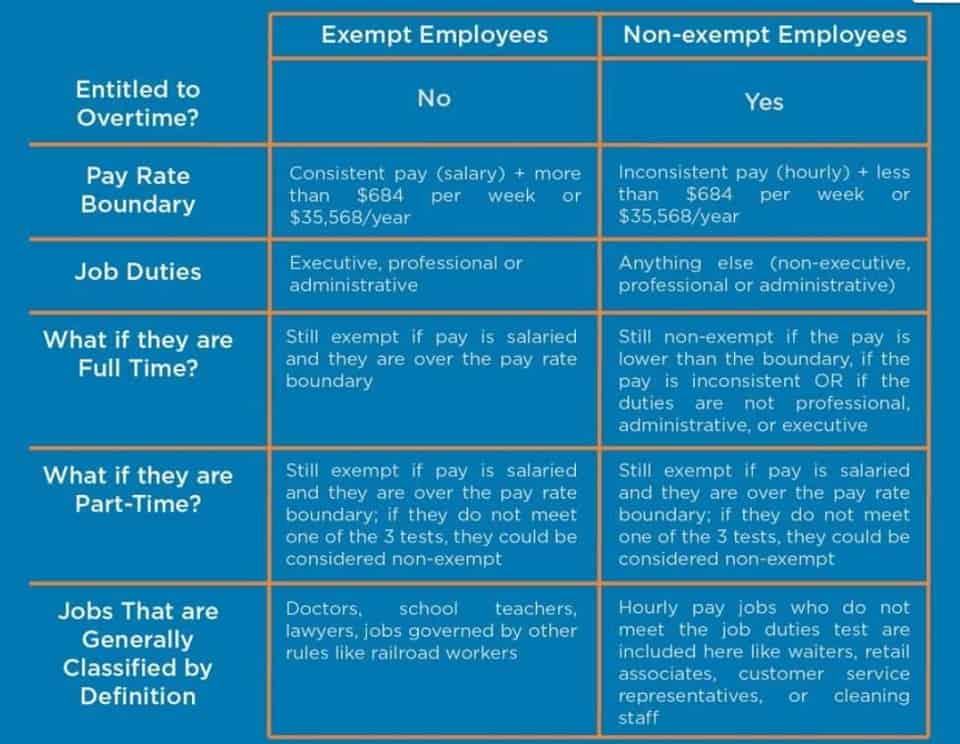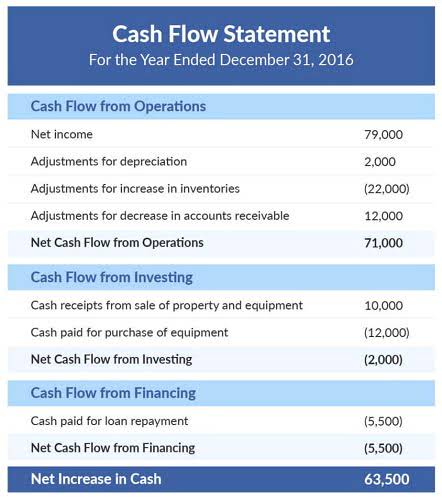
Expense tracking involves simply logging all your spends, so that at the end of the month, you have a pretty accurate idea of where every dollar went. Keeping an accurate, up-to-date set of books is the best way to keep track of tax deductions (expenses that you can deduct from your taxable income). CPA fees can range greatly depending on their location, experience, and the scope of a certain accounting job.
- When hiring external team members, keep in mind that some of the responsibility still falls to you as the proprietor.
- The chart of accounts lists every account the business needs and should have.
- If your business chooses to keep this task in-house, it’s best to stick to a predictable expense tracking schedule.
- Depending on the type of accounting system used by the business, each financial transaction is recorded based on supporting documentation.
How to Start Bookkeeping in a Small Business
- If you use cash accounting, you record your transaction when cash changes hands.
- But if you feel ready to take your financial management game to the next level, we’ve got you covered.
- With a direct, in-depth understanding of your finances, you’re better equipped to plan for the future, manage risks and seize opportunities for growth.
- You can’t run a healthy, successful business without having your books in order.
- In some cases, these links are affiliate marketing or sponsored content, which means I may receive some form of compensation related to the link.
- It will be helpful for you to understand this principle before posting any transactions.
One of the easiest ways to simplify your bookkeeping process is to automate recurring transactions. By setting up automated invoicing, bill payments, and payroll, you can save a lot of time. “This reduces manual entry errors and ensures timely transactions, which are crucial for cash flow management,” Schmied says. Do you have more questions QuickBooks about the bookkeeping process for small businesses?

Small Business Bookkeeping: A Beginner’s Guide

A platform like FreshBooks, specifically designed for small business owners, can be transformational. Bookkeeping focuses on recording and organizing financial data, including tasks such as invoicing, billing, payroll and reconciling transactions. Accounting is the interpretation and presentation of that financial data, including aspects such as tax returns, auditing and analyzing performance. This is the first course in a series of four that will give you the skills needed to start your career in bookkeeping.
Step 5: Review your financial statements

The information you get from your receipts should https://www.bookstime.com/ go into some kind of ledger (usually a digital option). Though often confused for each other, there are key differences between bookkeeping and accounting. At its core, bookkeeping is about recording financial data, while accounting is about interpreting financial data. Revenue is all the income a business receives in selling its products or services. Costs, also known as the cost of goods sold, are all the money a business spends to buy or manufacture the goods or services it sells to its customers. The purchases account on the chart of accounts tracks goods purchased.
- For both sales and purchases, it’s vital to have detailed, complete records of all transactions.
- You record transactions as you pay bills and make deposits into your company account.
- Some tools go beyond simple accounting management and offer additional functionalities.
- 💡 For companies subject to corporate income tax (IS) in particular, a certified accountant can help you achieve a number of tax optimizations.
Best apps for budgeting and expense tracking
Or you could check out this in-depth tutorial on using accounting services for individuals the more comprehensive, PC-based Quicken software from PlayLouder’s founder, Joe DeSanto. In addition, most app makers offer both blog and video tutorials to get users started. For instance, this YouTube channel has a slew of tutorials on using the mobile-based Quicken Simplifi app.

There are plenty of additional terms and phrases that will help you get started. You’ll benefit from bookmarking this glossary which is full of bookkeeping terms (no confusing jargon though) that we’ll regularly update. Although we can’t possibly list them all here, here are five of the most popular bookkeeping terms you should understand. The content on PlayLouder.com is for informational and educational purposes only, and should not be construed as professional financial, tax or legal advice. Should you need such advice, consult a licensed attorney, tax or financial advisor.